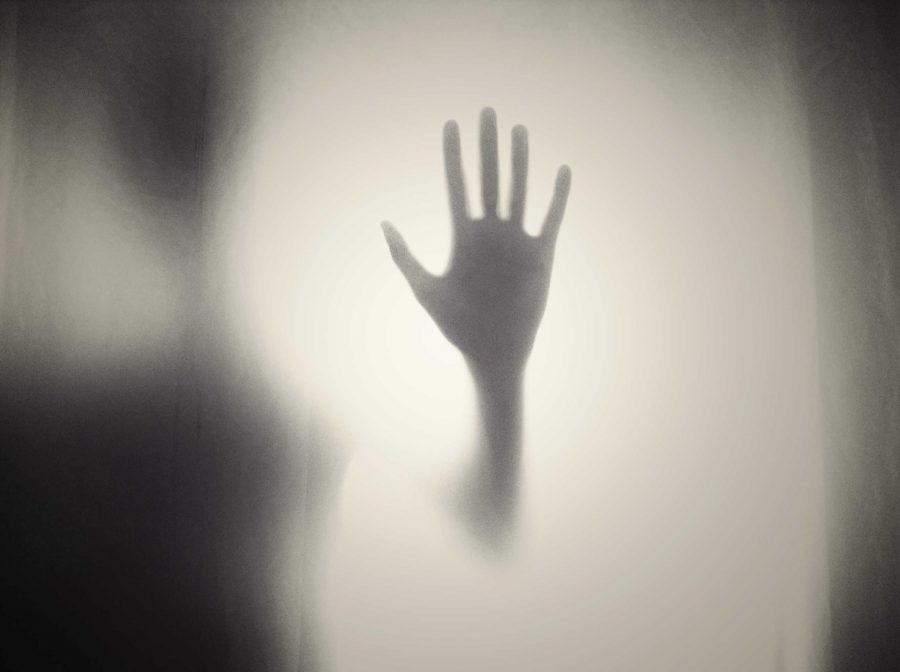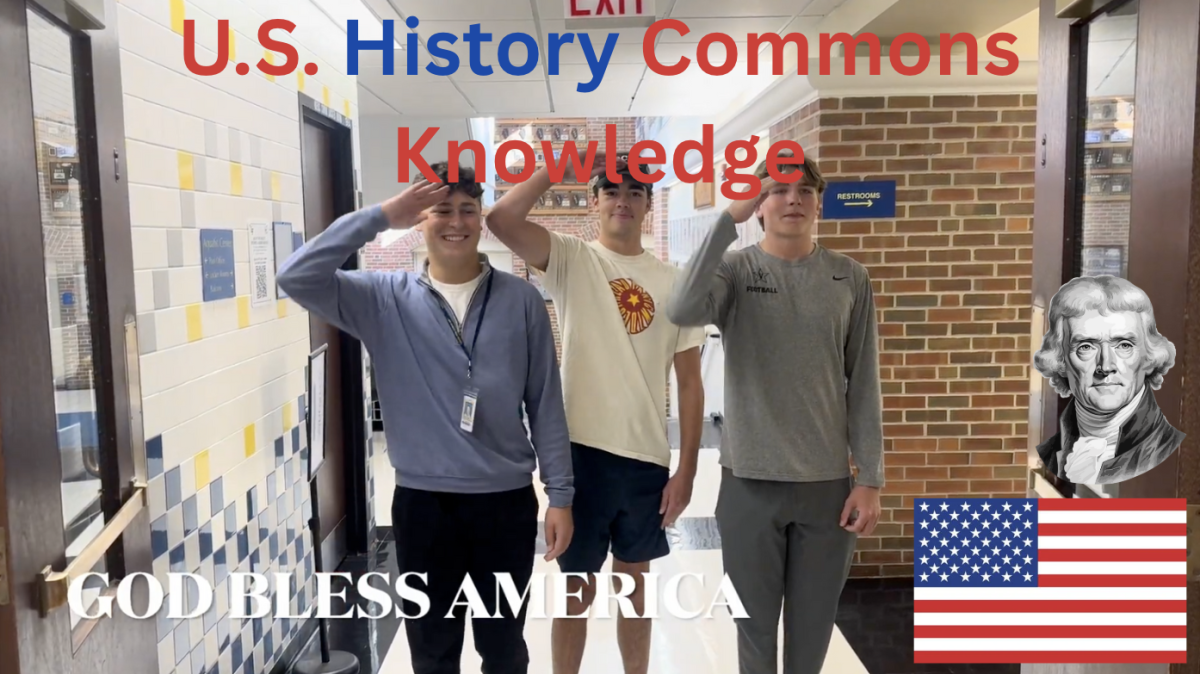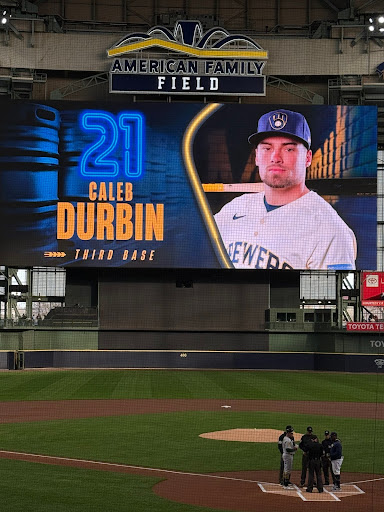To this day, I still remember one of the first horror stories I ever heard. It was a tale of a girl who always wore a ribbon around her neck, and the boy who was in love with her. Since childhood, the boy asked, why do you wear that ribbon around your neck? to which the girl replied, with a faint smile, that she would tell him later. This continued periodically ‘till the day she lay on her deathbed, and she finally answered her husband’s question and granted him permission to untie the ribbon. The husband complied–the bow came off, and so did her head.
I’ll be the first to admit it: this is probably one of the hokiest “horror” stories out there. It was printed in a book of scares for children, with (actually, rather cute) colored pictures on each page. However, at the tender age of 8, it disgusted me as much as it fascinated it me: the woman’s decapitated head held on by a mere ribbon, finally released on her deathbed.
I slowly came to realize the world of horror around me after that: at 10, my dad described a clown who hid in the sewers and terrorized kids’ dreams. At 12, my mother jokingly called me and my friends “children of the corn”. At 13, somebody referenced the human centipede, resulting in a quick reading of the plot summary and a very terrified 13 year old.
I was now exposed to the world of horror, and I had one question–why on Earth would people pay to watch their nightmares come to life? The demons, the blood, the brutal deaths, the hair-raising, the swelling crescendo of music as the killer appeared in the window… what was purpose of subjecting yourself to such horror? Why did we create it in the first place?
Of course, an answer lies in psychology. There are, apparently, three reasons why horror movies entice us: tension, relevance, and unrealism. Tension can be created by different audio or cinematographic elements, such as piercing background scores, gore, and shock; basically, the aspects that cause the heart to pound faster and the screams to become increasingly more frightened.
Relevance refers more to why the horror movie would be considered frightening in the first place. Is it because we see ourselves in the victim, or even in the villain? Is it because the horror on the screen reflects real-life current events in our society a little too closely? (Think: Purge: Election Year in the year of the 2016 presidential election.) Or is it because the film deals with universal human fears, ones that are ingrained in us, such as death, or animals with sharp teeth, or the unknown?
Finally, there is also a factor of unrealism that allures us to these movies: we pay entrance to watch a movie that we know, ultimately, is a movie, no matter how much we see of ourselves and our society on screen. We want to know that it’s not reality but a fabrication of precisely edited shots and chilling music coalescing together. In truth and simplicity, our screams were intentionally planned by an actor and director.
In 1994, there was an experiment in which college students, who had seen horror movies before, were shown real-life videos of excruciatingly grotesque videos of torture and death. The majority couldn’t make it to the end, not being able to handle the gruesomeness of the videos. However, only a few years earlier, the movie Silence of the Lambs, a movie of cannibalism, murder, and psychological terror, grossed almost $275 million worldwide. The difference? The documentaries shown to the students didn’t include grandiose orchestras and finely cut camera shots like those of The Exorcist.
However, I would argue this: movies are about the most interactive medium through which humanity’s thoughts and dreams are conveyed. They transport us to a new world, one submersed in sounds and visuals, plot and emotions. Through movies and the new worlds they create for us, we learn how to deal and navigate our world. Whether its conscious or subconscious, we pick up traits and ideas from movies and apply it in our life.
Horror movies follow the same idea, except that they embody not humanity’s hopes but our fears. In horror movies, the characters face our biggest terrors, may it be death, a demon, a serial killer, or even our childhood doll come to life with intent to kill. However, it is very unlikely that we will ever face something like that in our lives.
“Horror movies follow the same idea, except that they embody not humanity’s hopes but our fears.”
Nonetheless, we still fear them, and wonder how on Earth we would ever deal with our fears if they ever manifested. We turn to horror movies in a way to practice dealing with our fears, and for the thrill and adrenaline that comes with this state of apprehension, but stay grounded knowing that these “fears” remain a detailed orchestration of producers and cameras.
We pick up on what allows the protagonist to finally defeat the villain; through watching our desperate, traumatized protagonist face the serial killer head-on instead of futilely running away, we learn the importance of staying strong and fighting through pain and terror.
Of course, this also ties in with the relevant aspect of horror movies. Along with learning how to deal with the supernatural and psychopathic, we may be trying to learn and understand the sometimes scary world around us. No one knows how to deal with the world in a truly successful and confident way all on our own; there is an insatiable need to know how to figure out both the best and worst parts of the world, and horror movies help.
It is necessary to realize too that not everybody watches horror movies the same way; some people enjoy the artistry in which the story is told, some want to feel the pure emotion of terror, and some–of the more sadistic type (mostly male)–enjoy watching the gore and violence. Some people are like me and avoid the genre altogether, happy to view wondering from the outside why they remain appealing to begin with.
It could be anything. It could the aspects of tension, relevance, or unrealism, or maybe all three together. Maybe that’s why we are drawn to our nightmares and think about them long after our dream is done. Maybe it’s all psychological, maybe its all primal, maybe it’s disgust, maybe its fascination, maybe it’s an urge to understand our own world…or maybe, it could be we just want to know why the girl kept the ribbon tied around her neck for all those years.







